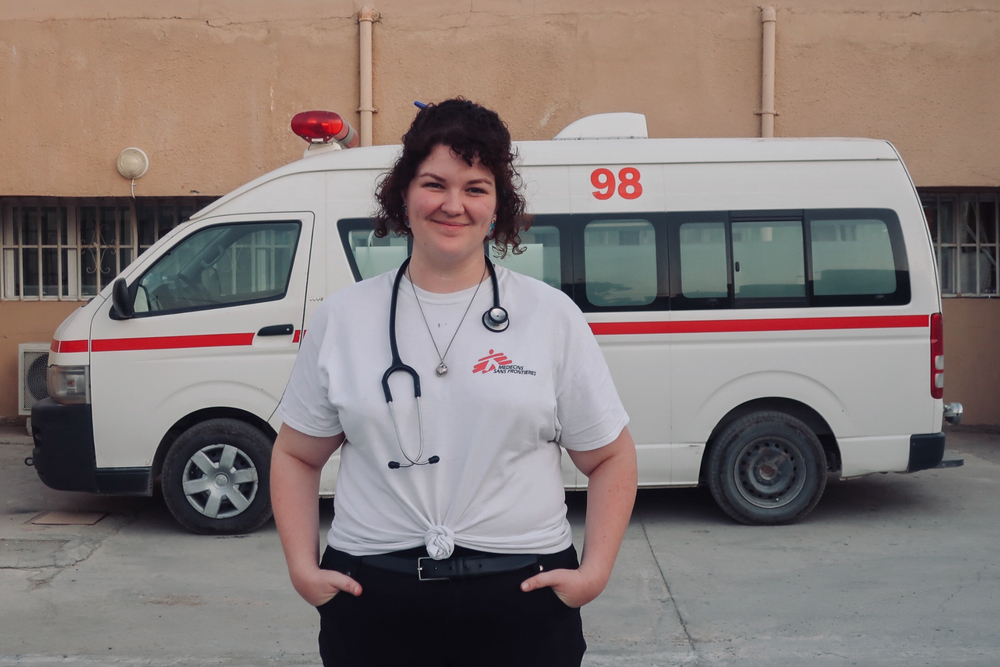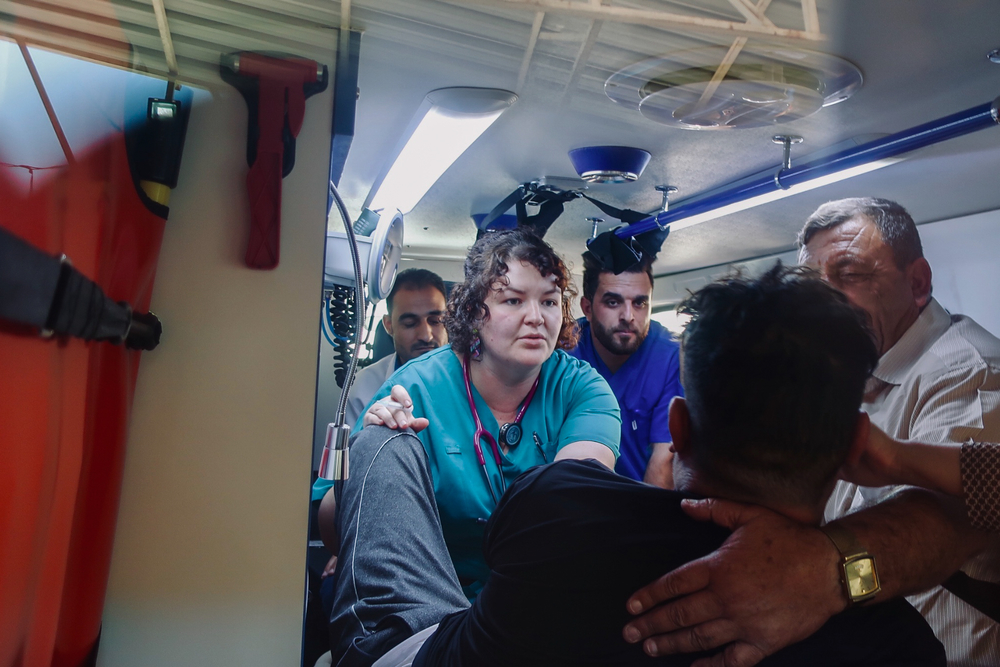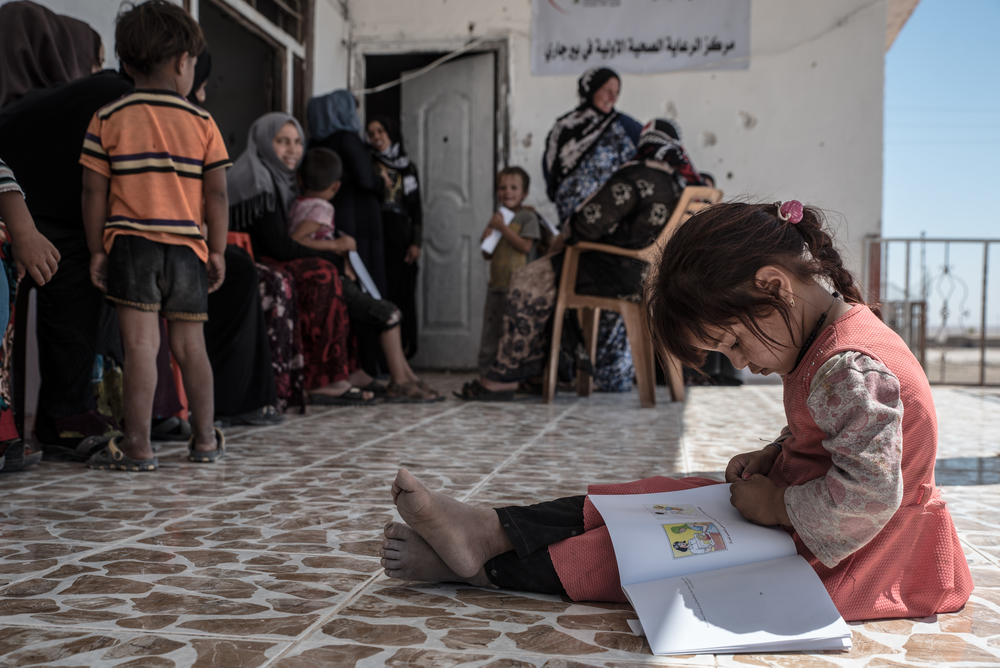“People rarely talk about what happened to them or the things they saw, on 3 August 2014 – the day that the Islamic State group took control of many towns and villages around Mount Sinjar in Iraq. Five years later, everyone here carries around with them a deep-seated grief about what the Yazidis often refer to as the ‘74th genocide’.
The first mental health assessment I did in Sinuni, a town on the north side of Mount Sinjar, was for a 24-year-old man I will call Wisam. Brought to us by his brother, he showed symptoms of severe depression. During our first meeting, he told me about his stress, his headaches, his stomach pains, his loss of appetite, his difficulty sleeping and his nightmares, and he detailed the constellation of depressive symptoms that made his daily life so dreadfully difficult.



